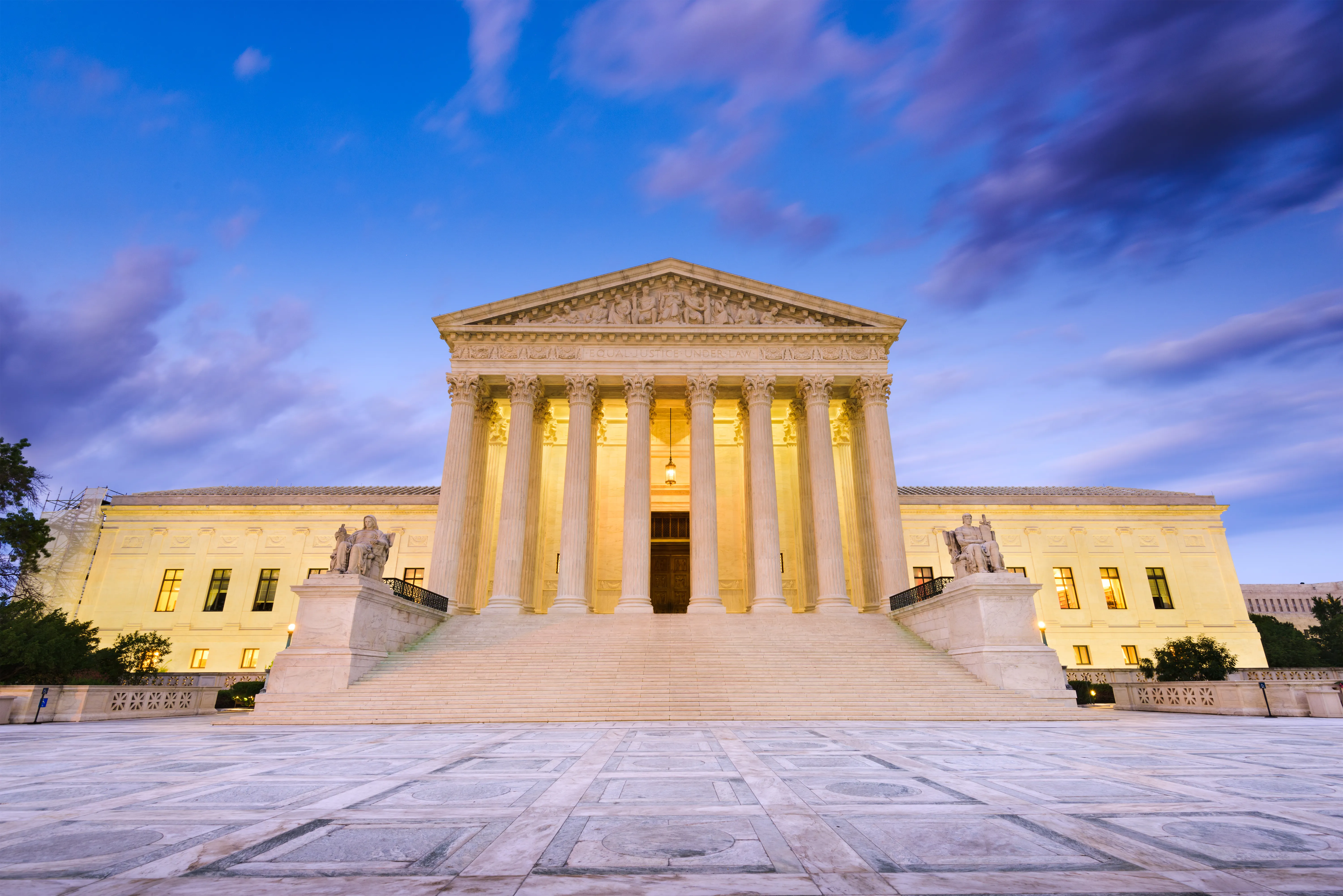
Critics say Nebraska Opportunity Scholarships Act is unfair
(Nebraska News Connection) Offering tax credits for scholarships to private schools has been a controversial issue in Nebraska.
After tax-credit bills failed to pass in 2020 and 2021, this year the Opportunity Scholarships Act was signed into law. Legislative Bill 753 provides donors to scholarship-granting organizations a dollar-for-dollar tax credit for up to 50% of their income tax liability.
Carlie Jonas, policy associate at the Center for Rural Affairs, said public schools are a big part of rural Nebraska. She predicts communities will be affected by any loss of funding this bill creates, regardless of whether they have any private schools.
"In 48 of Nebraska's 93 counties, there are not any private schools and, as you move from the central to the western parts of the state, that's even more true," Jonas pointed out. "Only seven counties west of Kearney County have a private school," which is seven of the 38 counties in the region.
Jonas said the Center's analysis found a huge disparity between the Opportunity Scholarships Act tax credit and the standard tax credit for donations. Someone owing $100,000 in income taxes could reduce their tax liability by $50,000 by donating $50,000 to a scholarship-granting organization. But donating that $50,000 to a charitable group would reduce their tax liability by only around $3,300.
Supporters of the bill maintain it gives Nebraska families more freedom to pick the school that best fits their child's needs.
Dave Welsch, a retired Nebraska organic farmer and longtime school board member from Milford, said he worries about the losses other Nebraska charities may experience if the law stands.
"With LB-753, it takes one brand-new charitable organization, the scholarship-granting organizations and elevates them," Welsch noted. "And it actually incentivizes people to give to them because they're offering a dollar-for-dollar income tax credit."
Welsch also anticipates lost tax revenue from the measure, combined with the 2023 income tax breaks, will lead to a revenue shortage. His decades on a school board have shown him that usually means cuts in public school funding.
He also believes providing public dollars for private schools goes against the state Constitution.
"That's why they had to create this scheme to create scholarship-granting organizations," Welsch contended. "So that when individuals and corporations donate to them, then they can offer up this dollar-for-dollar income tax credit."
Jonas emphasized that the experience of other states, such as Arizona, where its scholarship fund has grown to an annual $250 million, should be a warning to Nebraska.
"It leads them to rely more heavily on local taxes, like property taxes, to fund the budget deficit," Jonas explained. "In Nebraska this is an issue, with the amount of property taxes used for public schools."
A petition drive is underway to get the measure on the ballot in the 2024 election, as is an opposing drive aimed at keeping people from signing.
















